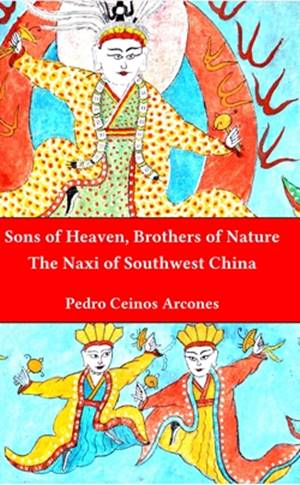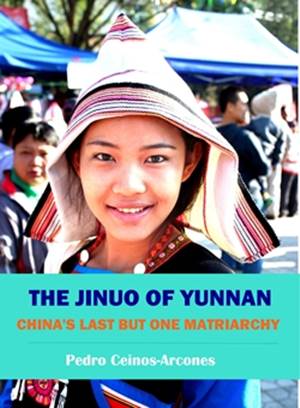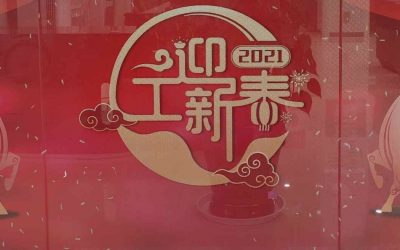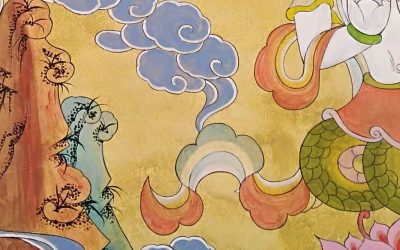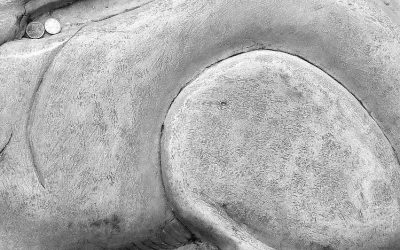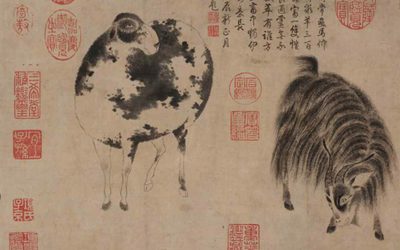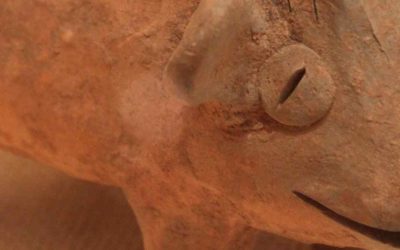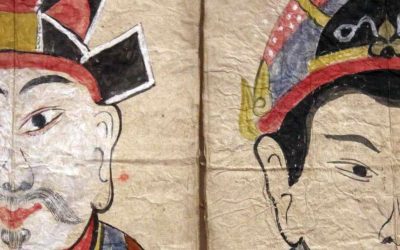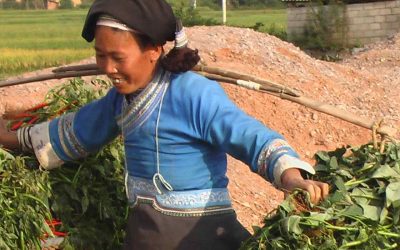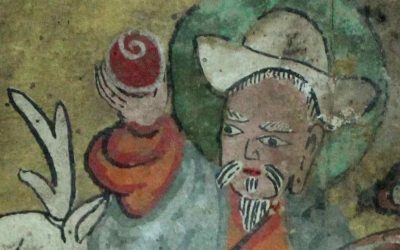Now is the time to ask him something about Taoism, I decided, and I poured out my questions. He looked up at me with his innocent, childish eyes, his smile gentle but, I thought, slightly ironical.
‘Take time, observe and learn,’ he said simply. ‘Words spoken in haste will not stick; a cup of water splashed into a parched field will do it no good. It is only a slow and gentle rain that will saturate the soil and produce life.’ He became silent ready to resume his work.
His rebuke abashed me. I saw what he meant. He probably thought I was an idle tourist, or worse, a young writer, who wanted to learn something about Taoism in an hour or so, and then write a smart article, boasting of the mysteries revealed to him. Seeing my obvious confusion, the old man relented. His face was all smiles now, but his eyes became thoughtful.
‘If you want to learn about the Eternal Tao, do not be casual and in a hurry. Don’t glean too much from too many books, for each book is full of opinions, prejudices and corruptions.
Read only one book and only one—our Old Master’s Taoteking, and then try to understand it, not by juggling the words and meanings, but intuitively, through your heart and spirit. Don’t ask too many questions, but patiently watch what we Taoists do, and perceive the hidden motives of our actions, and not that which is only for display.
Do not be guided so much by your intellect as by faith, love and your heart, which is another name for understanding and compassion. What you need is wisdom, and not knowledge; for if one has wisdom, knowledge will come naturally. Always remember that the Eternal Tao is Infinite Wisdom, Infinite Love and Infinite Simplicity.’ And with this the old man took up his pickaxe and resumed his hoeing of the bush.
From: Peter Goullart. The monastery of Jade Mountain. 1961
More posts on Chinese culture
Kyzil Grottoes – Primitive Buddhist art on the Silk Road
The Kyzil Grottoes - Primitive Buddhist art on the Silk Road The Kizil Grottoes are located on the cliffs of Minya Dag Mountain facing the Muzhati River, 7 km southeast of Kizil Township, Baicheng County, and about forty-three kilometers west of present-day Kucha,...
All you need to know about the ox in the Chinese horoscope
All you need to know about the ox in the Chinese horoscope The ox is a very beloved animal among the Chinese, despite its size, it is tame and peaceful, often in the villages, it is the youngest children who take it to the field to play, it rarely acquires the fierce...
The snake in the Chinese horoscope
The snake in the Chinese horoscope The snake is an ambiguous animal in the collective image of the Chinese people. On the one hand, it is considered similar to the dragon. Many Chinese authors recognize that the dragon, nonexistent, is nothing more than the...
The Rabbit in the Chinese horoscope
The Rabbit in the Chinese horoscope The rabbit is a tender and adorable animal, which highlights its extraordinary fertility, perhaps that is why in the Chinese horoscope is the animal most closely related to the moon, the female star par excellence. This...
The goat in the Chinese horoscope
The Goat in the Chinese horoscope The goat and the sheep are confused in the symbolism of Chinese culture, as both are written with the Yang character 羊, specifying that the sheep gives wool (绵羊) and the goat lives in the mountain (山羊), in general, both have an...
The Pig in the Chinese horoscope
The Pig in the Chinese horoscope The pig in Chinese culture is an ambiguous character. It is seen as fat and ugly, feeding on the dirtiest things, but at the same time, its meat is the most appetizing for the Chinese. His meat is "meat" in general, as an archetype of...
More posts on China ethnic groups
The Landing Yao Ancestral Festival of July
The Landing Yao Ancestral Festival of July All around China, the seventh month of the lunar calendar is known as the month of the ghosts, because in this month is celebrated the Mid-Year Festival. The Mid-Year Festival has nowadays many variations and it includes a...
We are lucky- A list of free books about the Zhuang
Free books about the Zhuang Fortunately for the lovers of the Zhuang nationality culture and language, there are some books, freely available to all the interested readers. Here, there is a list of the books we know are in this moment free to read and/or download....
The world of Naxi nationality Dongba deities
The Naxi people believe that every object, animal, plant, or natural phenomena has its own spirit. In the Dongba scriptures more than 2,400 spirits can be found. The sky, earth, sun, moon, mountains, water, wind, and even stones are all believed to be animate and...
The Bulang, aborigines of Yunnan
The Bulang are one of the oldest populations in the Southwest of Yunnan Province. They are considered one of the aboriginal inhabitants of this province, where they could have lived for more than two thousand years. They inhabit this mountainous region that forms the...
To marry a goddess in Yunnan (Jinuo nationality)
Pedro Ceinos-Arcones. China's last but one matriarchy: The Jino of Yunnan. 2018 Jinuos’ main religious specialists are bailabao, mopei and zhalai or Blacksmith. The oldest man of the main clan in the village is called zhuoba or mother of the village; the oldest of the...
Childbirth in Naxi culture
The rituals performed at birth suggest that in the Naxi traditional thought the entering of the Sv life god in a person is a gradual process developed during the last term of pregnancy and the first days of life, and that this process is considered complete in a first...


